News
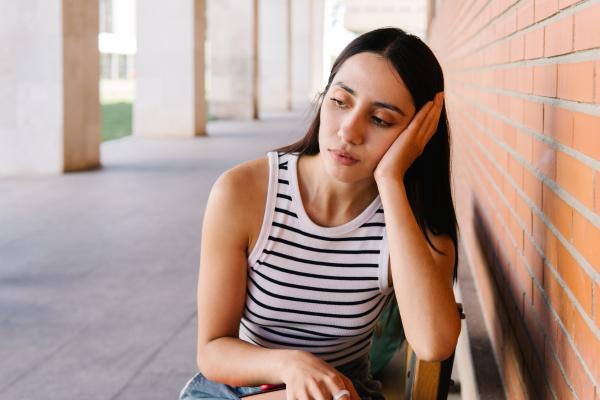
Why resisting social pressure is harder than you think
A new study led by Philip Mazzocco, associate professor of social psychology Ohio State Mansfield, finds that most people imagine they are better at overcoming pressure to violate their own…
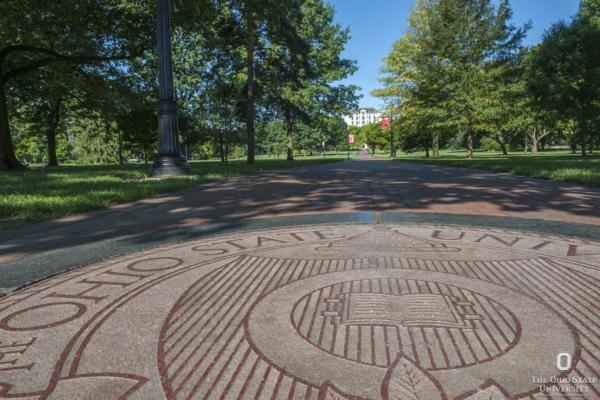
Psychology professor named to National Academy of Sciences
Honored for his work on beliefs, attitudes and behaviors, Richard Petty receives one of the highest honors in the sciences.
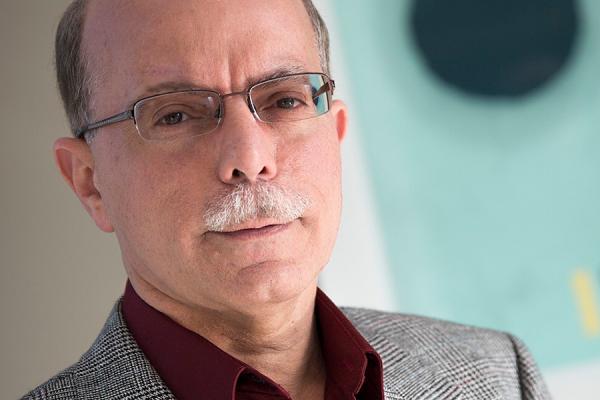
Richard Petty elected to National Academy of Sciences
The social psychology professor is among 120 members and 30 national members recently chosen "in recognition of their distinguished and continuing achievements in original research."
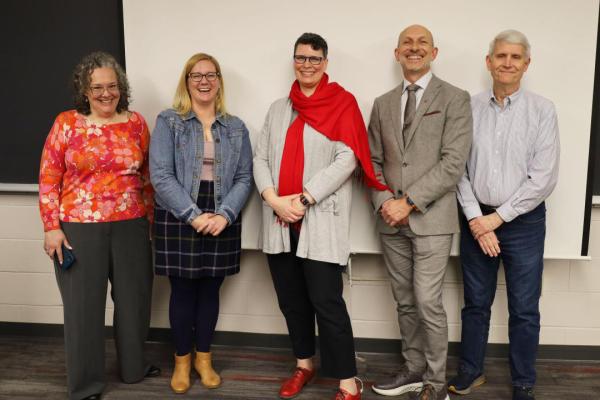
Nikole Patson honored with university’s most prestigious faculty award
The 2025 Alumni Award for Distinguished Teaching recognizes the Marion campus professor's excellence and impact in the classroom.
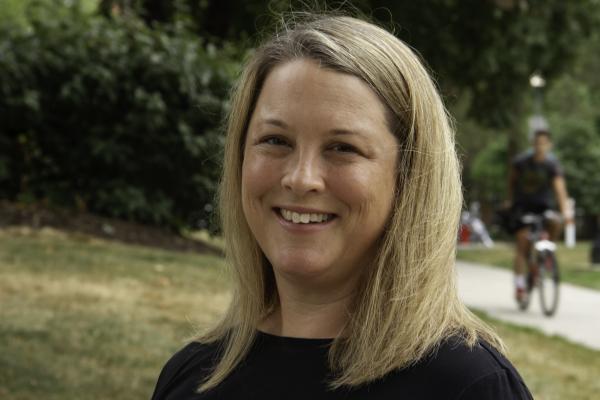
Ohio State recruiting participants for new study on human kindness
The Columbus Dispatch highlights clinical psychology professor Jennifer Cheavens' continuing research on human kindness.
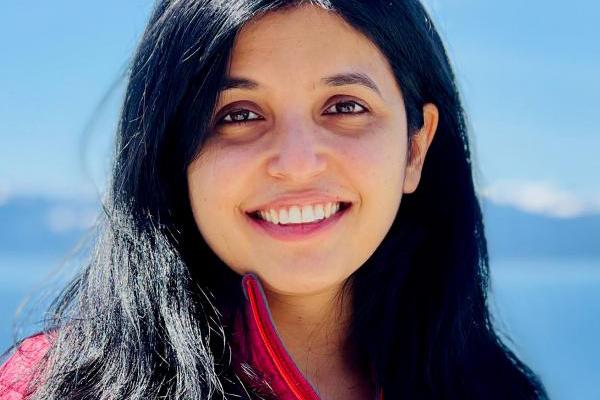
How the brain links related memories formed close in time
A new study conducted by Dr. Megha Shegal reveals that human brains create physical connections between memories that occur close in time.
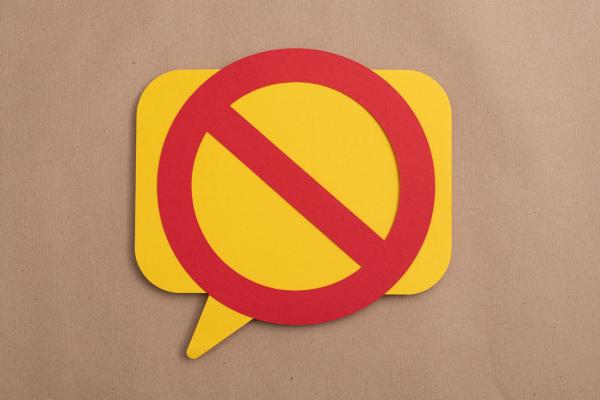
How ‘self-silencing’ your opinion may change behavior
A new study co-authored by affiliated faculty member Nicole Sintov suggests that people with minority views may change their actions to follow the majority.
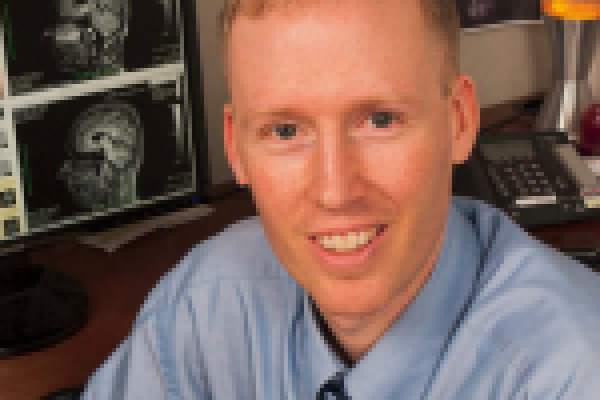
Scott Hayes discusses dementia risk factors in Psychology Today
Drawing on studies published in the Lancet, Professor Hayes explains modifiable variables that can delay or prevent dementia, such as air pollution and physical inactivity.
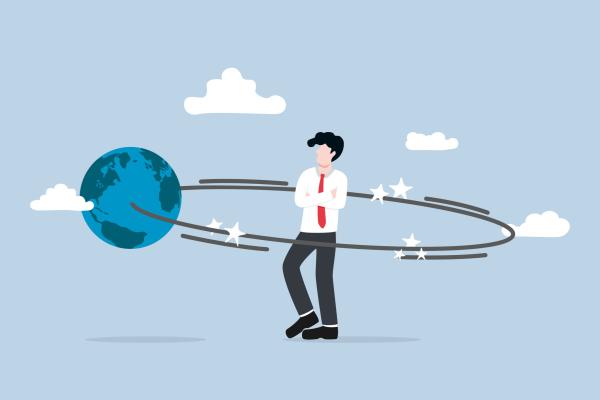
How to deal with narcissists at home and at work
In a new paper, Amy Brunell, a professor of psychology at The Ohio State University's Mansfield campus, suggests people need to be aware of the signs of narcissists entering their lives.
